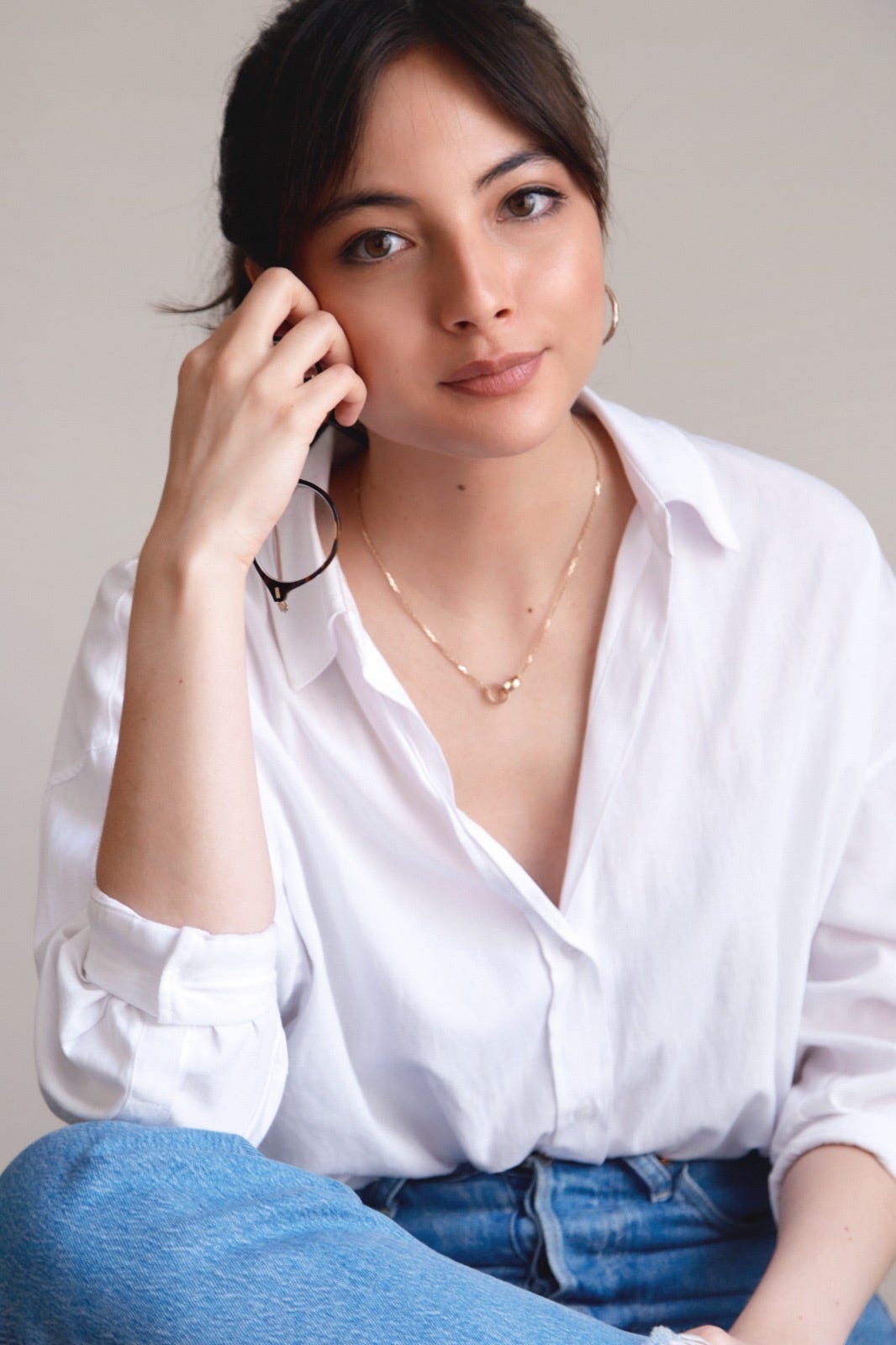Cecile Pin: “I’m not half of anything”
The author on compassion, holding histories close and never quite belonging
Hi, welcome back to Mixed Messages! This week I’m speaking to author Cecile Pin, who is of mixed-Vietnamese and French heritage. Cecile’s debut novel, Wandering Souls, follows the story of siblings Anh, Thanh and Minh as they flee Vietnam for Hong Kong, travelling by boat. With the siblings navigating refugee camps and resettlement centres until they re…


